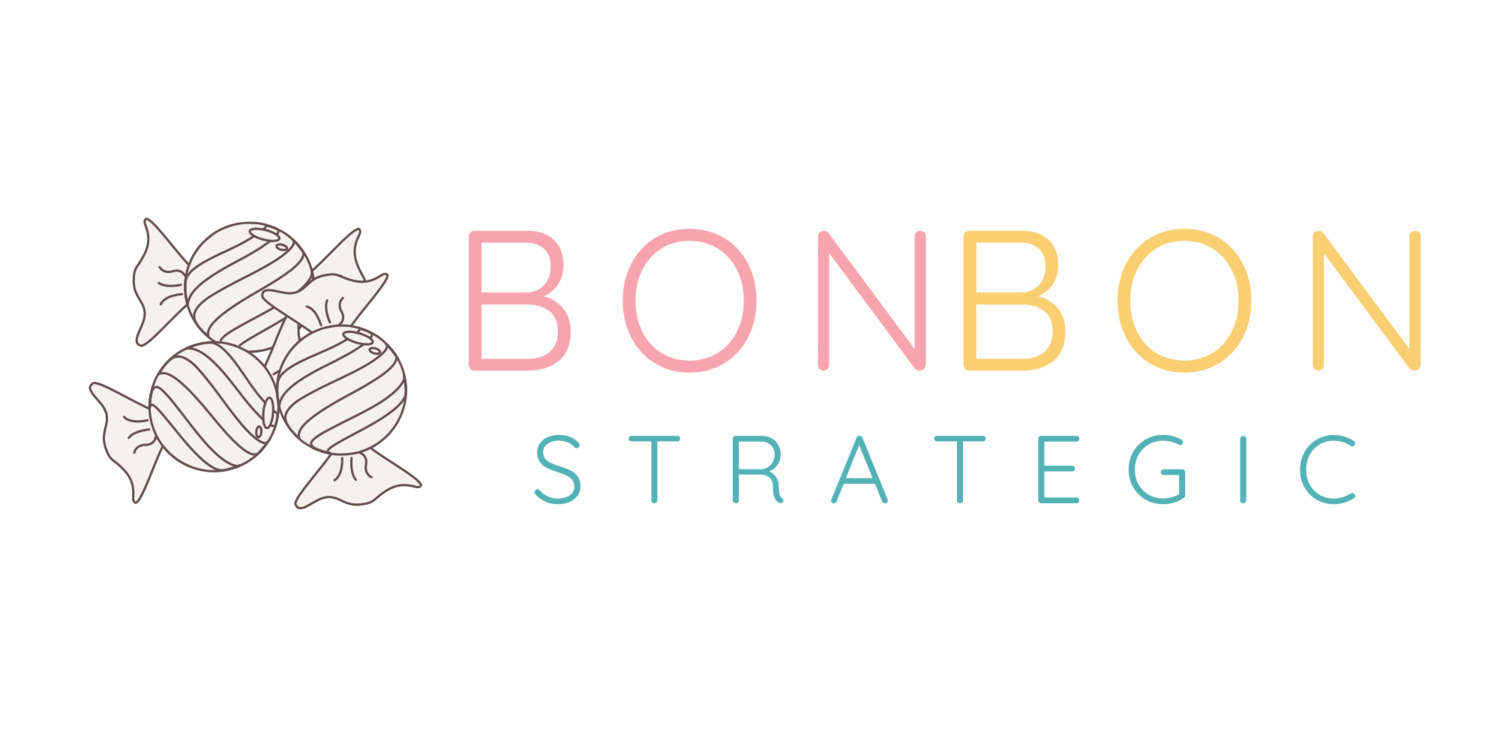Misaligned Roles Are Quietly Killing Your Business (And How to Fix It)
If you’re familiar at all with EOS (Entrepreneur’s Operating System), you’ve heard the phrase: “Right person, right seat.” But what if you’ve got capable people, decent systems, and things still feel off? Projects stall. Decisions bottleneck. Accountability slips. You’re back to wearing every hat - again.
That’s the Messy Middle: the growth stage where the hustle alone isn’t cutting it, but your business still runs like a group project with no clear lead.
What It Looks Like
Tasks fall through the cracks—or get duplicated
Team members look busy, but progress is slow
You’re stuck making every decision because no one’s clear on ownership
Delegation feels risky (or exhausting)
This isn’t a people problem. It’s a structure problem.
The Root of the Chaos: Misaligned Roles
When roles aren’t clearly defined - or worse, don’t match the actual needs of the business - you get:
Confusion – Who owns what? Nobody knows!
Duplication – Two people doing the same job.
Dropped Balls – Everyone thought someone else had it.
Low Morale – Your team feels uncertain, underutilized, or overwhelmed.
And the worst part? You start thinking this is just how it is. That a new hire will fix everything. (It won’t—unless you fix the structure first.)
Why It Happens
Most growing businesses operate with a Frankenstein org chart - stitched together out of urgency:
You hire someone to take admin off your plate
Then someone to help with sales
Then a manager to corral the chaos
But no one pauses to ask: What does this business actually need to function and grow?
Instead, roles get built around personalities or past fires - not strategy. That’s where things start to fray.
The Fix: BonBon’s 5-Step Role Alignment Framework
Audit What’s Actually Happening
Forget titles. Map out who’s doing what, how often, and where things break down.Define Success for Each Role
Clear KPIs create direction and autonomy. Your team can’t own outcomes if they don’t know what success looks like.Match Strengths to Responsibilities
Just because someone can do it doesn’t mean they should. Build roles around what people do best - not what’s leftover.Create Boundaries
Clarity isn’t control - it’s kindness. Defined lanes reduce confusion and eliminate slowdowns.Reinforce With Communication
Roles evolve. Projects shift. Keep talking. That’s how you stay aligned as you scale.
What This Looks Like in Practice
A home services client came to us in full-blown fire drill mode. Solid team. Great revenue. Constant chaos.
The owner was answering every question.
Hiring was reactive.
Morale was slipping.
We applied this framework. Within weeks:
Priorities were clear.
Tasks stopped falling through the cracks.
The owner had space to think again.
No drama. Just structure. And results.
Why This Work Matters
When roles align with strategy, your business starts to breathe:
Time gets freed up
Decisions get made faster
Your team steps up
You finally stop being the bottleneck
This isn’t about getting fancy - it’s about getting functional.
Because sustainable growth doesn’t come from doing more. It comes from doing what matters—with the right people in the right roles.
Let’s Fix It
If this hit home, let’s talk. At BonBon, role alignment is one of the first levers we pull to unlock capacity, trust, and traction. It’s often the domino that makes everything else easier.
You don’t have to keep figuring this out alone.
Reach out. We’ll help you build a business that doesn’t just grow - it scales. Book a quick intro call here.
